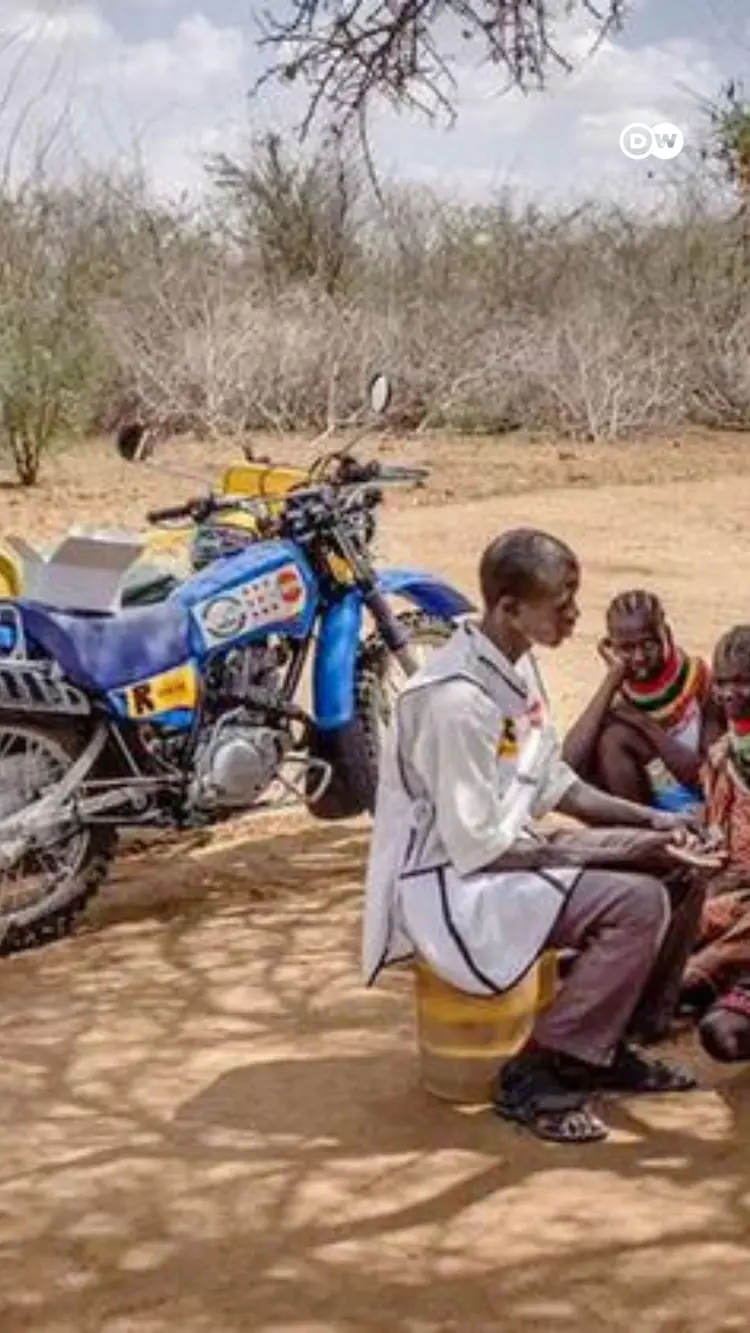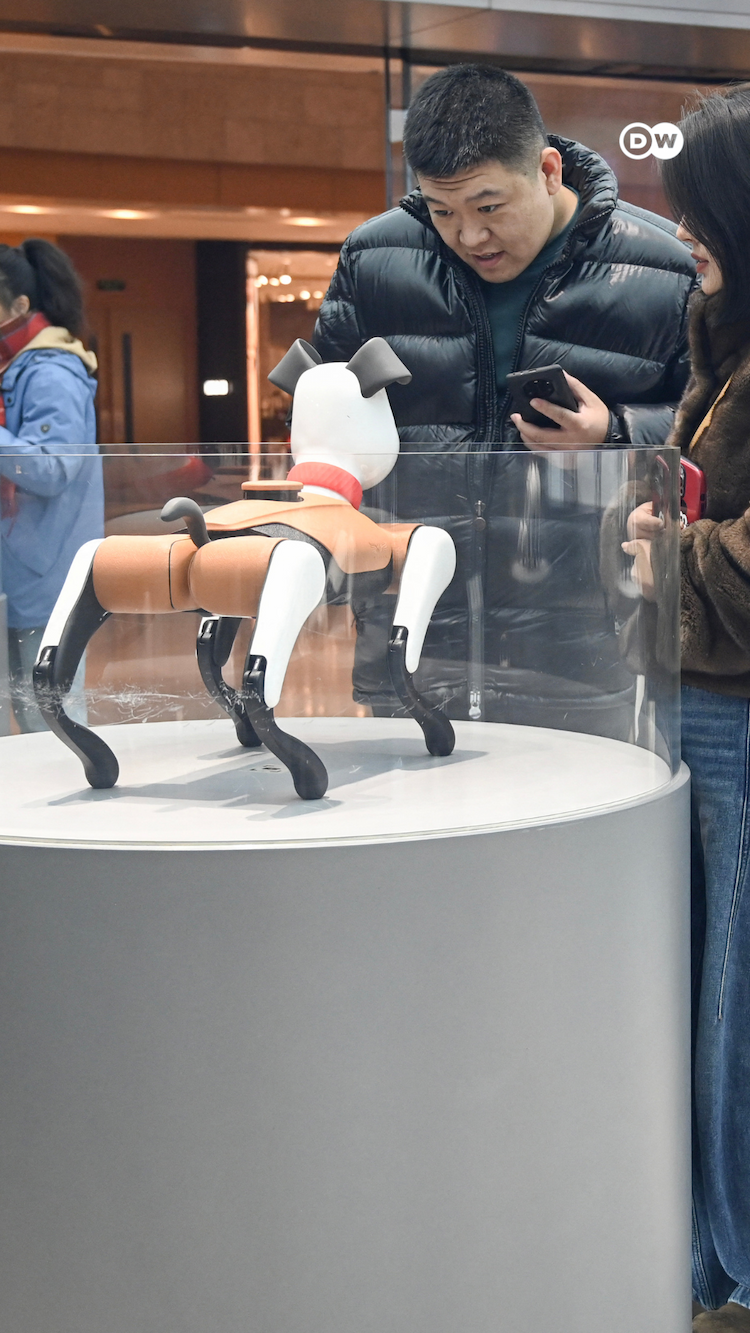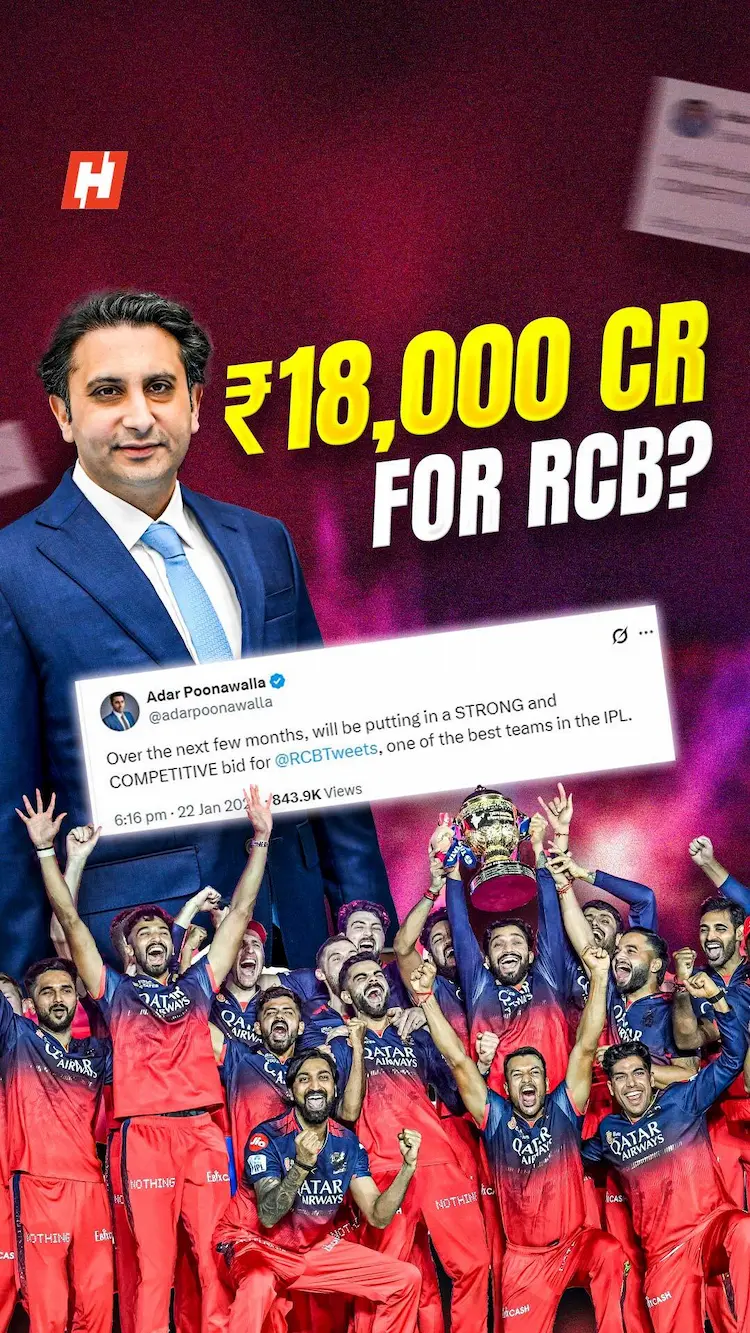Delhi braces for heatwave as IMD issues red alerts for Gujarat, Rajasthan
It’s barely April, and large parts of North and West India are already reeling under intense heat. The Indian Met Department has sounded a red alert for Gujarat, where severe heatwave conditions continue to grip the state. Speaking to ANI on heatwave conditions IMD Scientist Dr Naresh Kumar said, "Heatwave to severe heatwave conditions currently prevail in Gujarat, for which we have issued a red alert. Red alert has also been issued for West Rajasthan for the coming two days.”
Punjab, Haryana Next In Line
The IMD also warned that Punjab and Haryana are next in line, with heatwave conditions likely in the two states over the next three to four days. Talking about these two states, Dr Naresh Kumar added, “Heatwave conditions are likely in Punjab in the next three days. In the next four days, we can see heatwave conditions in Haryana.”
Delhi Braces For Heatwave
Delhi, the national capital too is bracing for what’s looks like in just the beginning of an unusually harsh summer. Talking about the chances of mercury rising to unbearable heights in the city, Dr Naresh Kumar said, “Delhi can see heatwave conditions in the next three days.”
What is a Heatwave?
A heatwave is a period of abnormally high temperatures, usually lasting for two or more days, that is significantly hotter than the average for that time of year in a specific region. In India, the India Meteorological Department (IMD) defines a heatwave as:Plains: Maximum temperature reaching 40°C or more, and a departure of 4.5°C to 6.4°C from normal.Severe heatwave: When temperatures rise above normal by more than 6.4°C, or touch/exceed 45°C.
Precautions to Take During a Heatwave
Stay Hydrated: Drink plenty of water, even if you don’t feel thirsty. Avoid alcohol, caffeine, and sugary drinks — they cause dehydration.
Avoid Going Out During Peak Hours: Try to stay indoors between 12 PM and 4 PM, when the sun is at its strongest.
Wear Loose, Light Clothing: Light-coloured, cotton clothing helps your body breathe and stay cool.
Use a Hat or Umbrella Outdoors: Protect your head and face from direct sunlight.
Keep Rooms Cool: Use curtains or blinds to block out heat. Keep windows open during cooler parts of the day for ventilation.
Take Cool Showers or Baths: Helps bring down body temperature.
Avoid Heavy Meals: Eat light and fresh. Avoid spicy and oily food that can raise body temperature.
Check on Vulnerable People: Infants, the elderly, and those with pre-existing medical conditions are especially at risk — make sure they’re safe and hydrated.
Watch for Heat Exhaustion Symptoms: Dizziness, weakness, headache, nausea, muscle cramps — these are all warning signs. Move to a cool place and sip water.
Don’t Leave Children or Pets in Parked Vehicles: Temperatures inside cars can rise to deadly levels in minutes.









